‘Just doing their job’: Most Aussies want Philip Lowe gone — but blame government, not RBA, for inflation
More than half of Aussies say Philip Lowe should lose his job after jacking up interest rates — but he’s not the only one they’re angry at.
More than half of Australians say Philip Lowe should lose his job after jacking up interest rates, according to a new poll.
The Resolve Political Monitor survey of 1606 voters conducted for The Sydney Morning Herald found 52 per cent believe the embattled Reserve Bank governor should get the boot when his term expires in September.
The 61-year-old economist has come under fire for a series of “tone-deaf” statements as Australia faces a cost-of-living and housing crisis.
At its June meeting last week the RBA raised rates again to an 11-year high of 4.1 per cent, the 12th increase since May 2022, in the face of persistently high inflation of nearly 7 per cent.
Dr Lowe sparked outrage the following day by saying Aussies struggling with mortgage repayments should work more and spend less. It was later revealed that last month, hours after raising rates for the 11th time, the RBA spent nearly $25,000 of taxpayers’ money on an exclusive dinner for Perth’s business elite.
But while Treasurer Jim Chalmers last week said a lot of Australians would find the latest rate rise “difficult to understand and difficult to cop”, the federal government is facing growing scrutiny for its role in the inflation crisis.
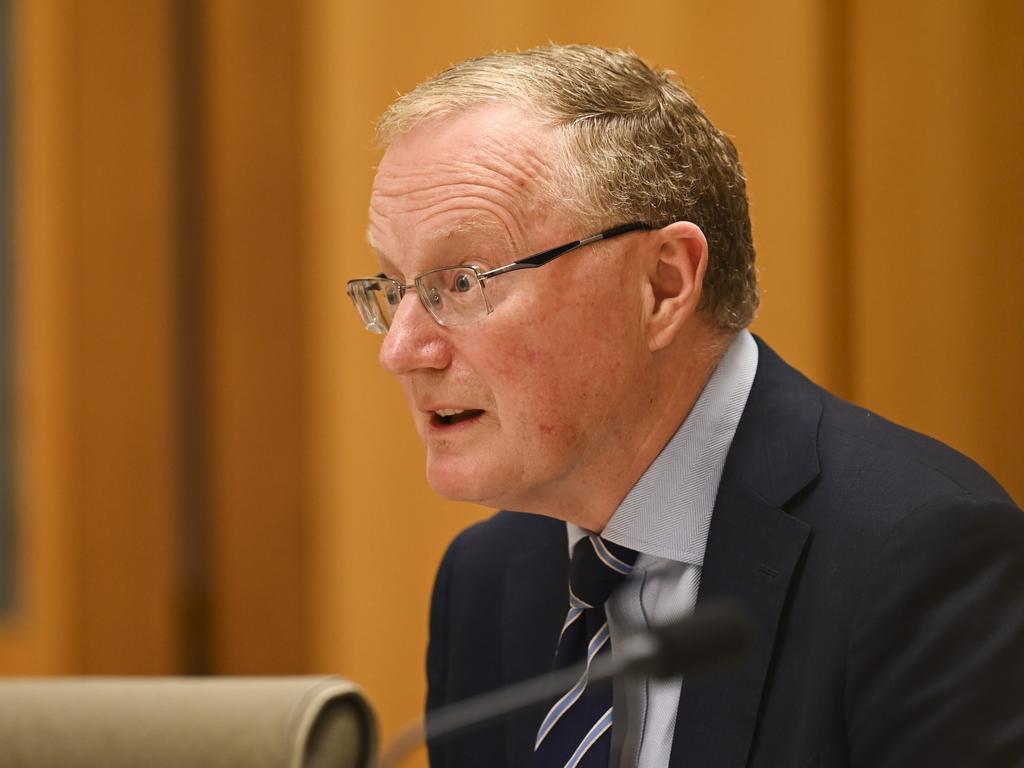
Asked who is primarily responsible for keeping inflation down, 33 per cent of voters in the Resolve Political Monitor Survey said it was the RBA — but 44 per cent pointed the finger at the federal government.
Writing in The Australian Financial Review last week, economist Steven Hamilton argued “the government’s claims this is all someone else’s fault are increasingly untenable”, saying “there should be no doubt in the mind of any economist” that the budget’s energy subsidies and other spending would drive up inflation.
The assistant professor of economics at George Washington University and visiting fellow at the Tax and Transfer Policy Institute at the ANU told news.com.au that while the RBA boss hadn’t done himself any favours, Australia’s housing and inflation crisis had been decades in the making.
“The RBA haven’t helped themselves,” he said.
“That’s definitely something to keep in mind — they have made systematic failures of both decision-making and communication, and the recent review was very clear about that. It’s not to say they deserve everything they get, but they have not made it easy for themselves. The lack of foresight on their part and then frankly acting too late on inflation.”
Prof Hamilton said the origin of the current inflation problem was the rapid expansion of the economy during Covid.
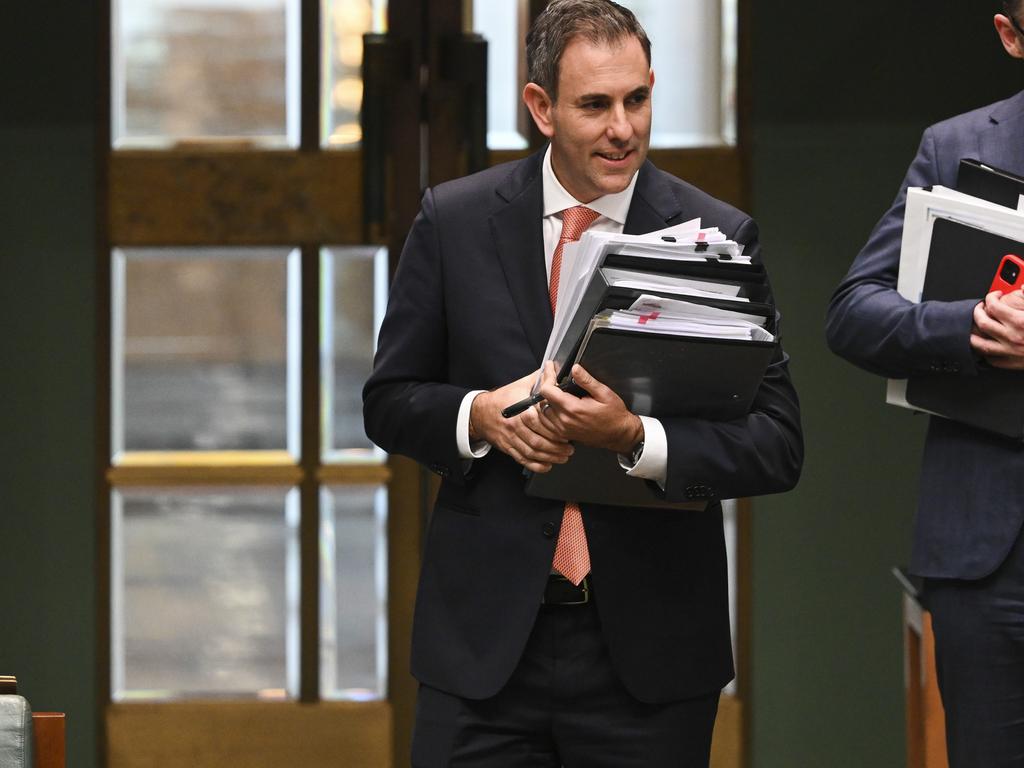
“We used very low interest rates, we did unprecedented fiscal stimulus in all sorts of ways, pumped a giant amount of money into the economy, and at the same time we weren’t spending like we would because of the pandemic, forgoing all the things we would for years,” he said.
“So when we came out of Covid we had this huge stockpile of savings built up, and massive pent-up demand. That huge surge in demand was pushing up against constrained supply. That’s pretty standard, and the only way all that excess demand is wound back is by the RBA raising rates.”
But Prof Hamilton noted the root of the problem went back much further.
“There’s a longer-run story — we certainly haven’t experienced rates of this level since around 2007, so really over the past 15 years we’ve had a period of very low interest rates that I think put in people’s minds the notion that it would be like that forever,” he said.
“People buying houses now for the first time have never experienced high or even moderate interest rates in their working lives. I think this is why this kind of moderating interest rate environment has come as such a shock, both psychologically but also economically. People did make long-run financial decisions on the basis that things would be like that forever.”
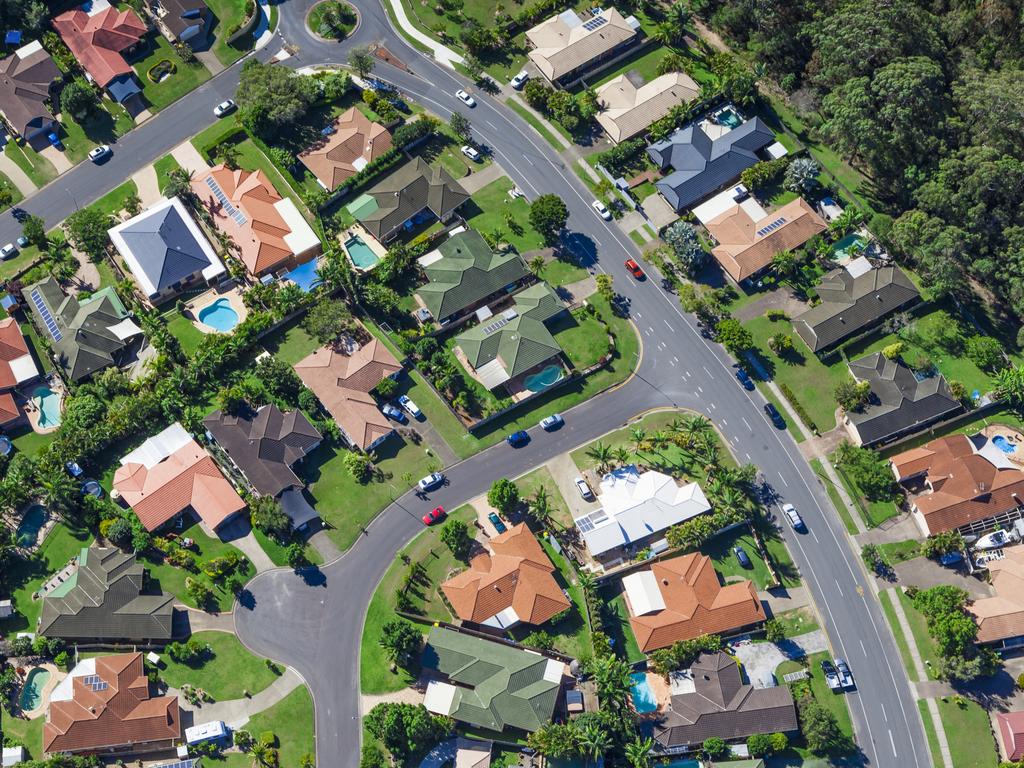
That was “partly why” the RBA was attracting such backlash.
“Having said that, ultimately they have a job to do which is to control inflation, that is enshrined in legislation, you can’t blame them for doing their job,” he said.
“Frankly if I have a criticism of the RBA it’s that they haven’t raised interest rates enough. They should have done more earlier, interest rates should be half a per cent higher than now. The US is 5.5 per cent, New Zealand is 5.5 per cent, you can’t say the RBA’s doing too much.”
Dr Peng Yew Wong, senior lecturer at RMIT’s School of Property, Construction and Project Management, agreed that “we might have been paying too much attention to the RBA” and forgetting the role of federal and state governments in the current crisis.
He noted that housing and energy were two of the biggest contributors to rising inflation — neither of which the RBA could control.
“I’m not here to rescue Phil Lowe, but the RBA only has one tool, one weapon, which is the cash rate,” Dr Wong said.
“Currently the housing marketing problem is due to a shortage of supply, nothing to do with the RBA. Federal and state governments need to step up to solve this problem.”
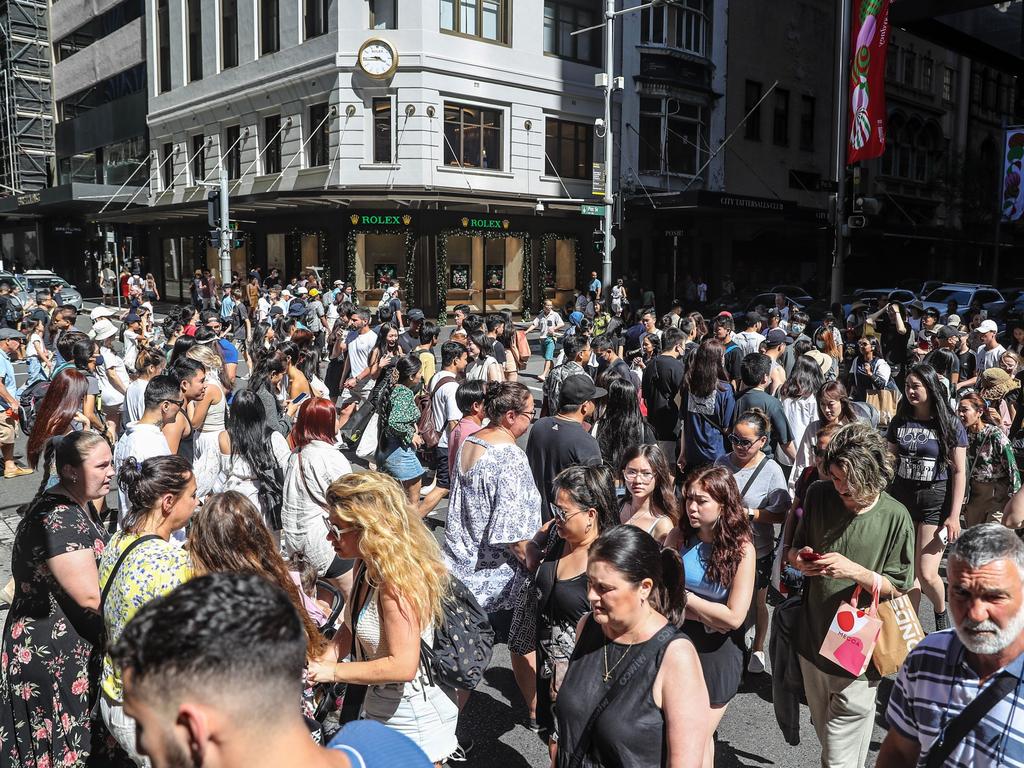
Speaking at a recent Senate Estimates hearing, Dr Lowe took a veiled swipe at the federal government over the issue, suggesting there was not adequate investment in housing and infrastructure to keep up with immigration.
According to the most recent federal budget, Australia overall will take in an unprecedented 1.5 million net overseas migrants over that period, with a record 400,000 arriving this financial year and 315,000 next.
“We do need to increase the capital stock in line with the number of people in the country and that requires high levels of investment, and if we don’t do that, then we’re going to struggle,” he said.
“If we’re going to have 2 per cent more people in the country [this year], we need 2 per cent more capital, and that requires investment by business and investment by government. Solving the housing problem, I think that’s the single biggest thing we could do. And then we’ve got to build the transportation infrastructure to support that.”
Dr Lowe added, “Are there 2 per cent more houses? No.”
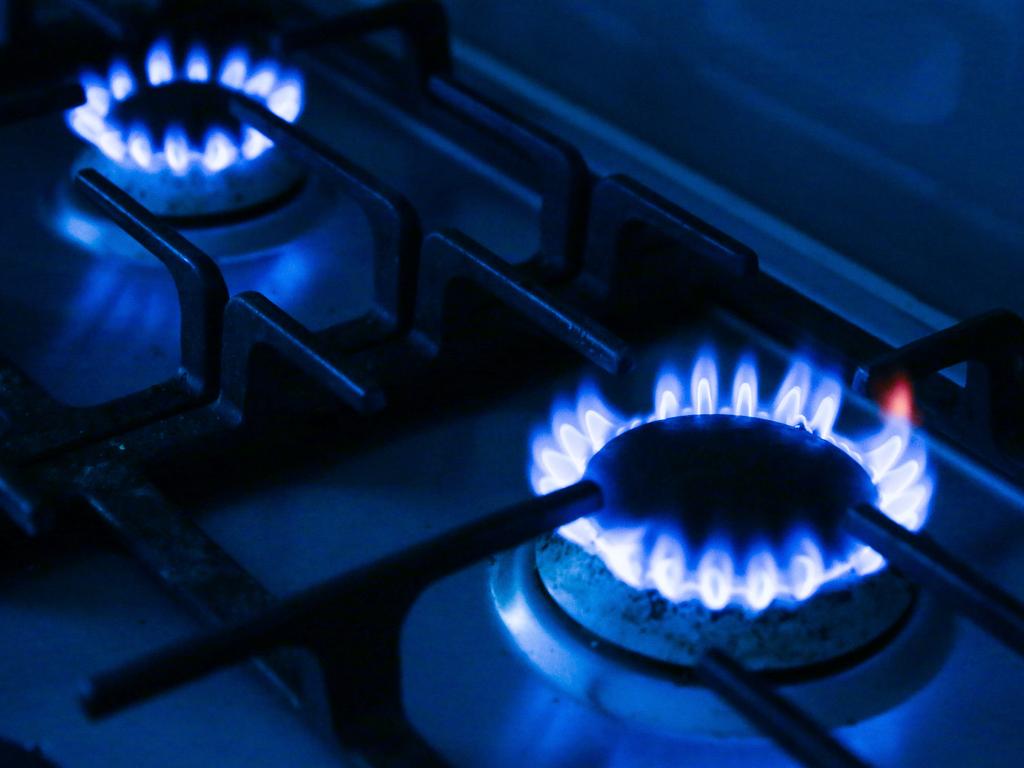
Similarly, economists say the government should have done more tackle soaring energy costs, which drive up inflation across the board.
“Despite Australia being the world’s largest exporter of LNG — “the Saudi Arabia of gas” — east coast consumers are currently paying the world’s highest gas prices due to our government’s failure to implement a domestic gas reservation scheme,” MacroBusiness co-founder Leith van Onselen wrote last week.
“Gas is the key price setter for electricity, and on July 1, electricity prices along the east coast will rise by at least 25 per cent, which follows a roughly similar increase the previous year. Energy costs could add anything up to 3.5 per cent to the CPI.”
Dr Wong said the federal government urgently needed to answer what it was doing to ease this fundamental “cost of everything”.
“What is the federal government doing?” he said.
“We are a gas-producing country and we are suffering. In Malaysia for example, the produce gas and oil, and they actually use the country’s resources to help contain inflation by supplying reasonable and cheap energy for the whole country. As a result inflation is only 4-5 per cent. Other countries make use of their natural resources to help contain inflation, and we’re not doing that.”






